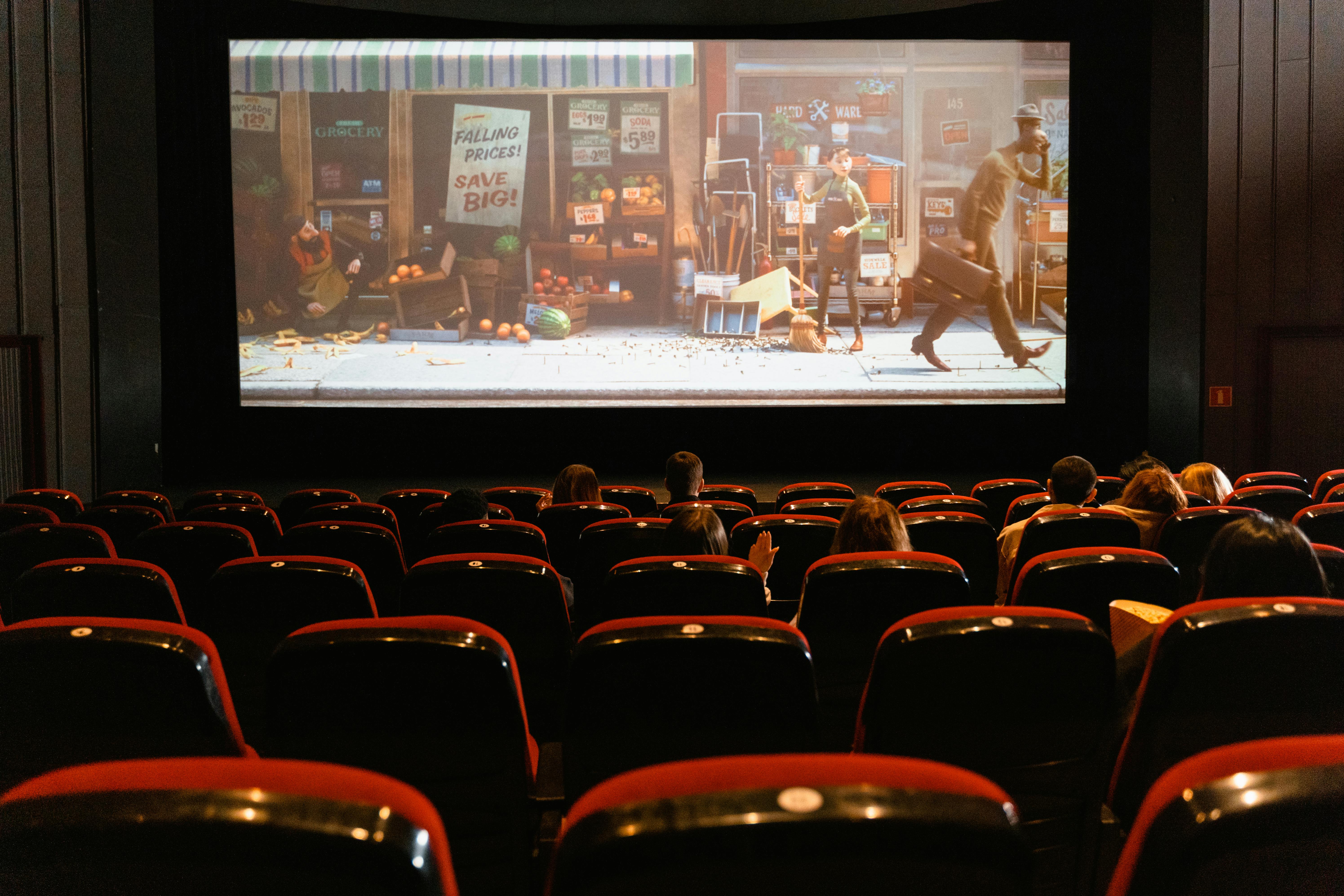The Unseen Impact of Social Media Algorithms on Society
In today's digital era, social media platforms have become a fundamental component of our lives. They are the modern public squares, connecting people from different cultures, backgrounds, and regions. This article delves into the dynamic and often overlooked role of social media algorithms in shaping societal trends and individual behaviors.

The Emergence of Social Media Algorithms
In the early stages of social media, platforms like Facebook and Twitter functioned much like a bulletin board. Users saw updates from friends or followed accounts in chronological order. However, with the rapid influx of data, these platforms introduced algorithms to manage and customize content for the users. These algorithms, based on machine learning and artificial intelligence, curate a personalized feed based on the user’s past behavior, connections, and preferences.
Modern Day Society and Social Media Algorithms
Today, social media algorithms play a significant role in determining what we see, read, and, ultimately, how we think and behave. They create echo chambers or filter bubbles, reinforcing our existing beliefs and preferences by showing us content that aligns with them. This has far-reaching implications for society, from the polarization of political views to the proliferation of misinformation.
The Social Implications of Filter Bubbles
The creation of filter bubbles by social media algorithms has led to increased societal polarization. People are exposed predominantly to content that aligns with their existing beliefs, leading to a lack of diverse perspectives. This can result in heightened social division, as people become more entrenched in their viewpoints and less open to dialogue and understanding.
The Role of Algorithms in Spreading Misinformation
Social media algorithms, with their focus on engagement, often prioritize sensational or controversial content. This can contribute to the spread of misinformation, as false news stories often generate more engagement than factual ones. Misinformation, in turn, can have serious consequences for society, including undermining trust in institutions and exacerbating social tensions.
Navigating the Future: Algorithm Transparency
As social media algorithms continue to shape our societal landscape, it’s crucial to promote transparency and accountability. Users should be aware of how their online behavior influences what they see, and platforms should be more transparent about their algorithms’ functioning. This could foster a more balanced and informed digital environment, reducing the risks of polarization and misinformation.
Social media algorithms, while designed to enhance our online experience, have become powerful social forces. As we navigate this digital era, understanding their role and impact is crucial for fostering a balanced and informed society.




